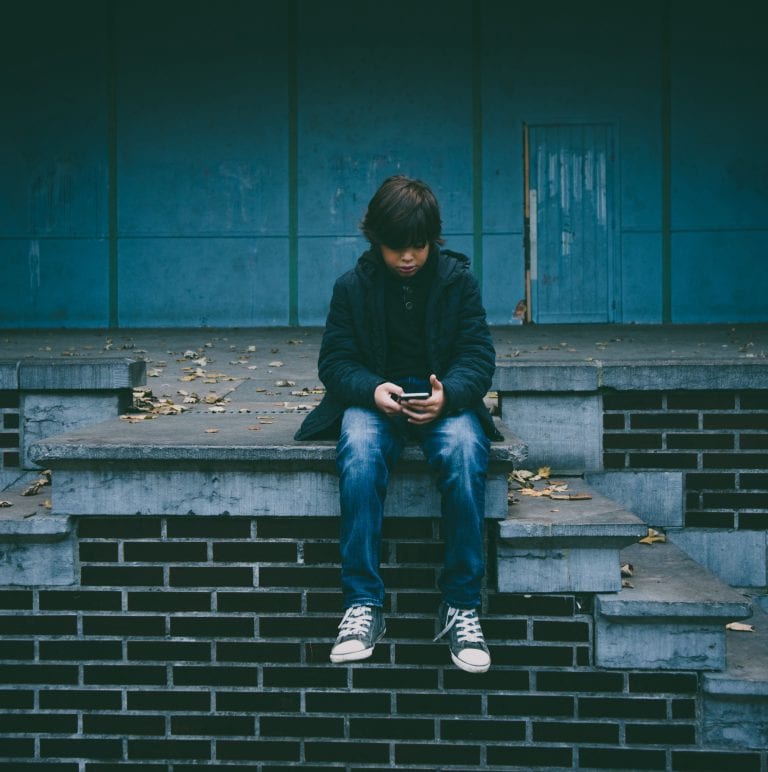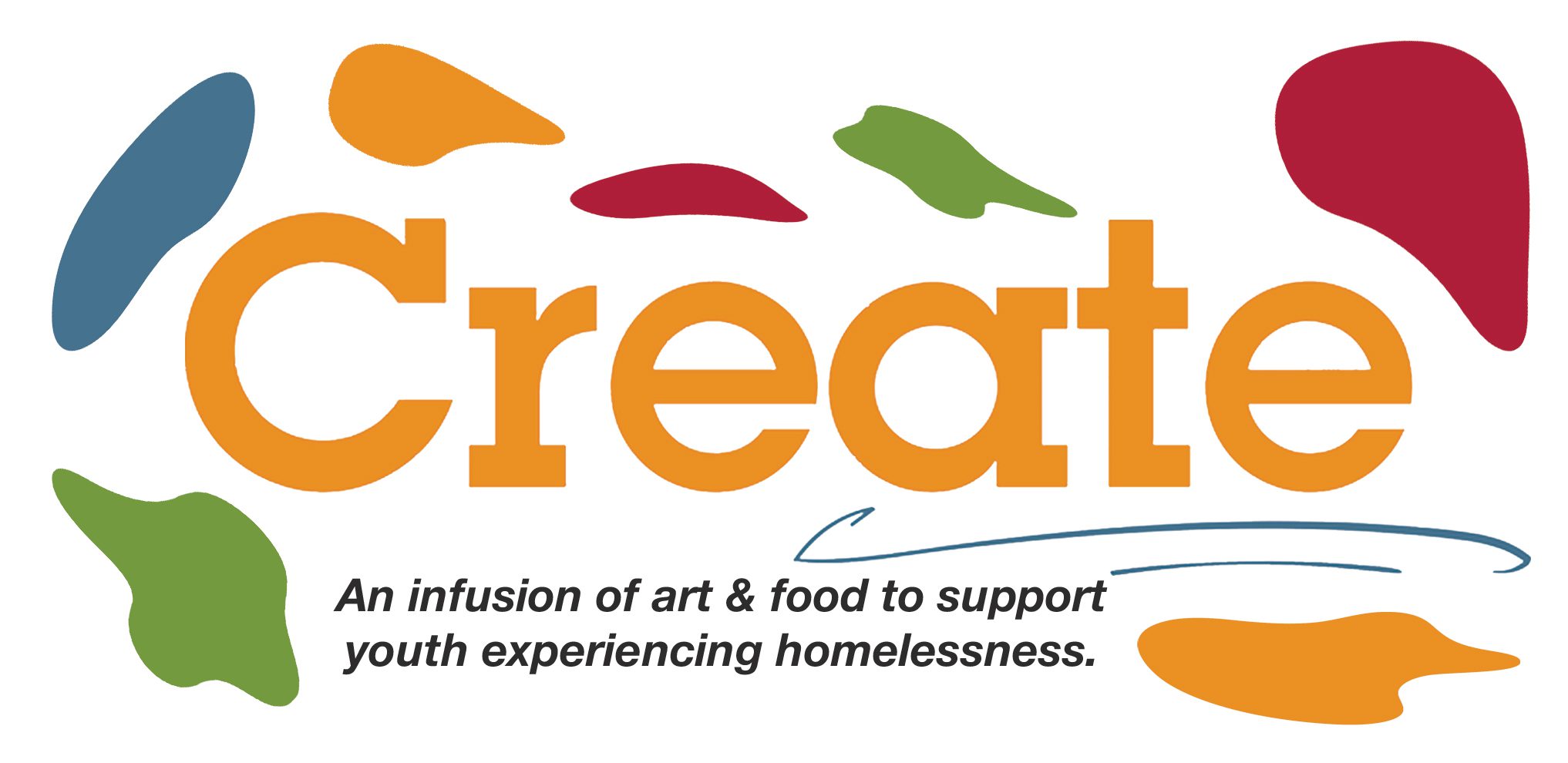The need for services at The Bridge is critical.

The magnitude of youth homelessness is significant. According to Wilder Research, there are more than 6,000 youth experiencing homelessness on any given night in Minnesota; with youth disproportionately affected relative to their population, making up nearly half (46%) of the homeless. These youth experience significant disparities in securing their basic needs and the effects of trauma are widespread.
Annually, 80% of youth who turn to The Bridge are youth of color, consistent with statewide statistics on racial disparities in homelessness. Youth experiencing poverty, homelessness, racism, and homophobia are dealing with significant trauma. Studies have shown that youth experiencing homelessness experience trauma such as child abuse and neglect, sexual and physical assault, and sex trafficking at higher rates than their non-homeless peers. When that trauma is not recognized and dealt with, it can lead to mental health issues, juvenile crime and/or substance abuse.
Minnesota does not have a mental health continuum that effectively meets the needs of youth, let alone youth experiencing homelessness. The most recent Wilder study reports that 57% of homeless youth are experiencing serious mental health challenges and 36% have chronic physical health problems. Of these mental health issues, anxiety or panic disorders are the most common at 37% of all youth. This report also states that 19% of youth have reported symptoms of a traumatic brain injury and that 13% have reported a disorder involving drug or alcohol abuse. Last year, 28% of youth seeking shelter at The Bridge had been previously hospitalized for mental health problems, 26% had inflicted self-harm, and 19% had attempted suicide.
Family conflict and instability are the most significant contributing factors in youth homelessness. Many youth experiencing homelessness do not have the skills to live fully independently because of the fundamental disconnection and trauma they have experienced. Without intervention, these young people are at risk of lifelong poverty and instability. While immediate shelter and safety is vital, providing shelter alone is not enough.
The need is particularly acute for pregnant and parenting youth.
Youth may have become homeless because of their pregnancy. However, youth experiencing homelessness are far more likely to have become pregnant as the result of sexual abuse or assault compared to the general population. Wilder Research reports 35% – over 2,000 youth in Minnesota – are pregnant and parenting. In Minnesota, there are fewer than 15 site-based transitional living units designated as age-appropriate and safe, specifically for teen parents experiencing homelessness, and no emergency shelter beds. The disparity between the need and the number of youth needing assistance is stunning. Parenting is challenging in the best of circumstances, but for teen parents experiencing homelessness, the difficulties facing them can be overwhelming. Teen parents experiencing homelessness are at high-risk for exposing their children to substances in-utero, premature births, low birth rates, child abuse or neglect, limited access to critical supports, removal of their children into the child protection system, and exposure to violence and abuse. The experience of being homeless as an infant or toddler can adversely impact a child for life.


